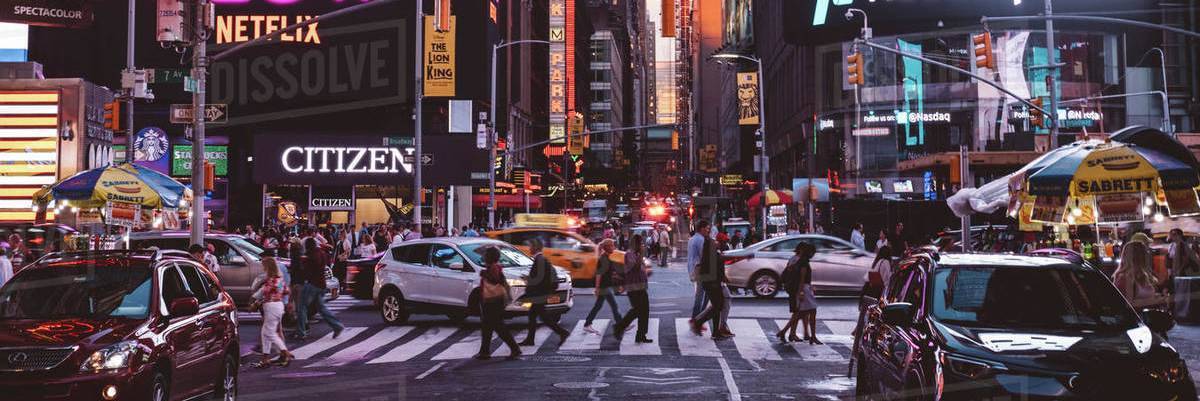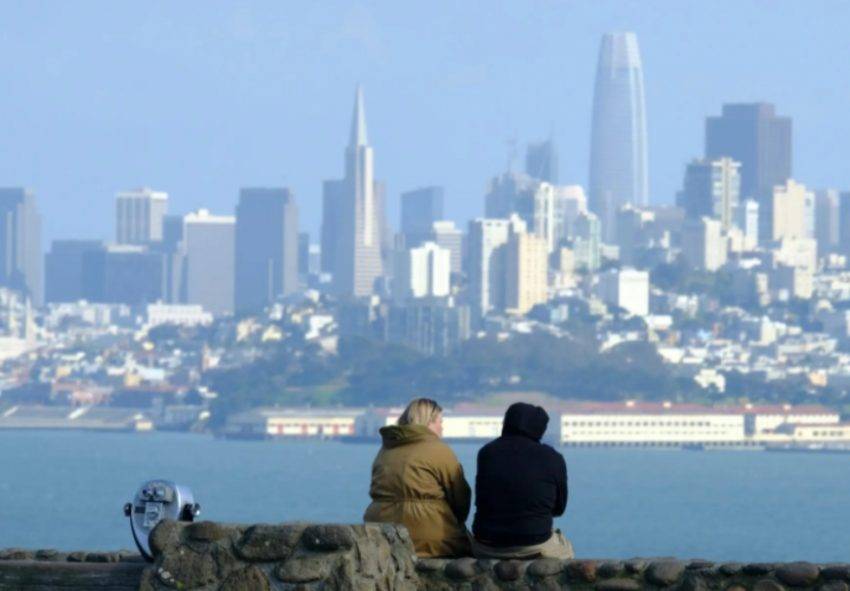[They did it] They don’t necessarily have oil but ideas for a successful ecological transition. “Frisco” banned natural gas for new buildings in 2020. Could follow a conversion to all-electric in existing buildings, even if the path remains difficult.
One more measure “to save the planet”. City of San Francisco District 8 Supervisor Rafael Mandelman was quite proud when the bylaw that banned gas heating in new construction was unanimously passed by the county council in 2020.
It must be said that the measure is far-reaching: Californian commercial and residential buildings are responsible for around a quarter of the state’s greenhouse gas emissions, according to the California Air Resources Board. 10% is due to gas only.
Burning this methane of course emits carbon dioxide. But, in addition, the methane that escapes into the atmosphere before being burned is also a greenhouse gas, whose warming potential over twenty years is 87 times higher than CO2. However, these methane leaks represent 3% of the gas extracted worldwide.
Inflation: why it will last
As the gas ban concerns buildings that have not yet been built, the city of San Francisco does not provide figures to measure the effectiveness of its measure.
“For the moment, we cannot calculate the potential reduction in GHGs that it allows. She’s already preventing it from getting worse. And little by little, per capita natural gas pollution in San Francisco will decrease. Otherwise, with each new building equipped with natural gas that we build, it’s as if we widen each time a hole through which GHGs escape into the atmosphere”, explains the director general of policies at the Department of San Francisco Environment, Charles Sheehan.
The all-electric challenge
The rules, simple on paper, are not so easy to mark out and put in place. The know-how to build all-electric buildings is not mastered by all architects. “Technically it’s quite new, it’s a new field to plow. And for us, this regulation is a first step, but we want to go further, announces Charles Sheehan. The ultimate idea is to convert all existing buildings to all-electric. ”
According to a report from the city of San Francisco, electrifying 240,000 buildings that use gas could cost between 3.5 and 5.9 billion dollars
But here the challenge is quite different. “Of course, converting a hundred-year-old building of several dozen floors to all-electric is a challenge. Small businesses may also be afraid of conversion costs. We feel nervous. But at the same time, San Francisco wants to be a zero-emission city by 2050, we have to try to take initiatives that really matter,” says Charles Sheehan. According to a city report, electrifying 240,000 buildings that use gas could cost between $3.5 billion and $5.9 billion.
The ban on natural gas in new buildings “is a step in the right direction, a feasible project, abounds Charley Goss, in charge of public affairs and government relations at the San Francisco Apartment Association. On the other hand, making conversion to all-electric mandatory for all buildings, I do not believe will be possible for the city in the near future. ”
The opposition responds full throttle
About fifty cities in California now have the same regulations as San Francisco. But as of now, the Golden State hasn’t decided to make it a state rule, although it’s starting to come close. The measure would, however, help it achieve its goal of reducing its greenhouse gas emissions by 40% by 2030.
Is the state hesitant in the face of the opposition? Because where it goes, the measure does not only delight. She notably boiled over the California Restaurant Association, which launched a lawsuit against the city of Berkeley, where a similar ban was passed in 2019.
The organization called the natural gas ban “irresponsible,” arguing that without gas burners, award-winning restaurants in the San Francisco Bay Area would no longer be able to prepare their specialties. The procedure is still ongoing, the restorers having lost in the first instance.
Opponents can also count on an ally that counts, the company Southern California Gas Co, a gas heavyweight on a national scale. The firm scrambled to prevent the ban from spreading further, according to the Los Angeles Times. An action which, coupled with other companies, has its fruits.
Twenty states controlled by the Republican Party have passed “preemption laws”, which prevent cities from banning natural gas. But facing the red states, the big democratic cities are a counterweight. In less than a year, two behemoths have joined San Francisco: Los Angeles and New York.


